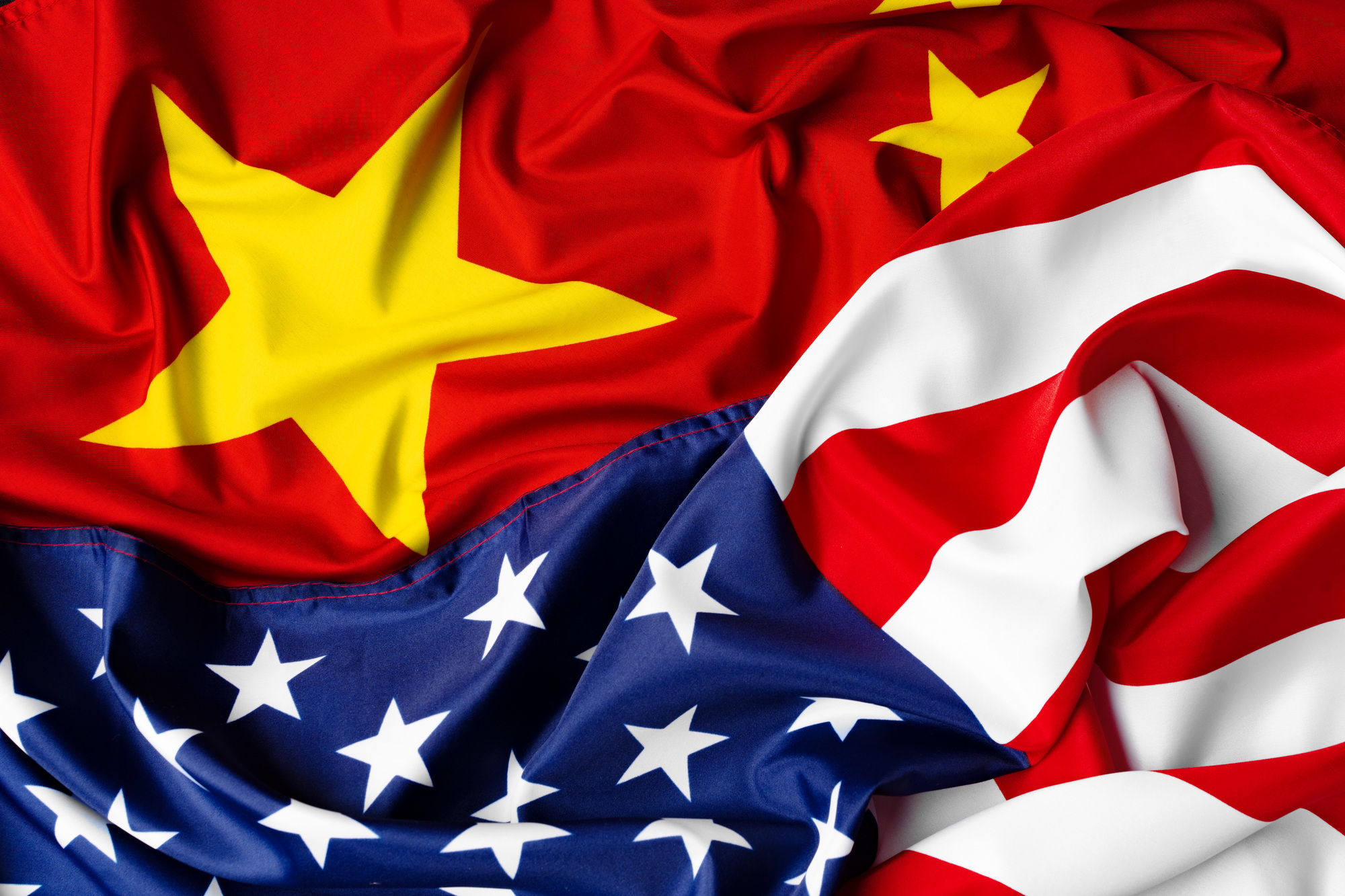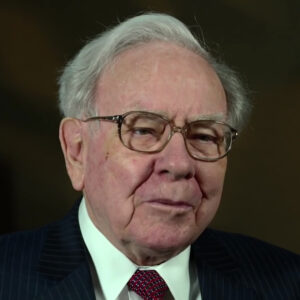Financial markets are entering another tense week as investors digest conflicting signals from President Donald Trumpover his administration’s escalating tariff war with China. After a turbulent stretch for both equity and crypto markets, Trump told reporters in the Oval Office, “Yeah, we’re talking to China,” suggesting diplomatic engagement continues behind the scenes.
While the president hinted that Chinese President Xi Jinping has made repeated overtures to reopen negotiations, Trump also doubled down on his controversial tariff policies. Over the weekend, he lashed out at business leaders who oppose tariffs, declaring on Truth Social:
“The businessmen who criticize tariffs are bad at business, but really bad at politics… I am the greatest friend that American capitalism has ever had. The golden rule of negotiating and success: he who has the gold makes the rules.”
📊 Markets React to Tariff Whiplash
U.S. equity markets offered no clear trend last week, reflecting the underlying economic uncertainty:
- S&P 500: +0.52%
- Dow Jones Industrial Average: -0.89%
- Nasdaq Composite: -0.44%
- Russell 2000: +2.9%
In parallel, crypto markets displayed a similarly mixed pattern. Bitcoin (BTC) posted modest gains, while Ethereum (ETH), Cardano (ADA), and Ripple’s XRP lost ground.
Meanwhile, gold surged 3.8%, signaling a shift toward traditional safe-haven assets amid fears of rising inflation or slowing growth triggered by trade policy friction.
🇺🇸🇨🇳 Trade Talks or Tactical Messaging?
Despite Trump’s assurances that dialogue with China is ongoing, there’s no official confirmation of formal negotiations. Investors remain wary, particularly as previous rounds of tariff announcements have shocked markets and disrupted global supply chains.
Analysts caution that while some level of communication may be underway, Trump’s rhetoric appears aimed at both reasserting his economic leadership and keeping pressure on Beijing. His remarks reflect a broader effort to frame tariffs as a tool for strengthening the U.S. economy rather than as a threat to global trade stability.
📉 Economic Concerns Mount
Critics of the tariff strategy argue that higher duties:
- Raise costs for American businesses and consumers
- Threaten manufacturing and agricultural jobs
- Depress real wages and household income
- Destabilize long-term economic confidence
Trump, however, maintains that tariffs are necessary to:
- Protect U.S. industries
- Enhance national security
- Boost domestic production
- Discourage reliance on foreign imports
Ultimately, markets are stuck in limbo, as uncertainty about the direction of trade policy weighs heavily on investor sentiment. Until there’s clear resolution—or at least consistent messaging—the risk of continued volatility looms large.







